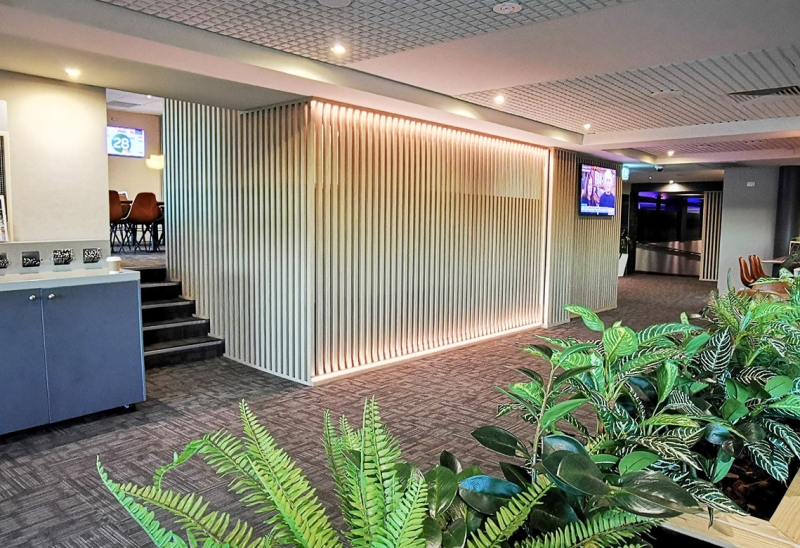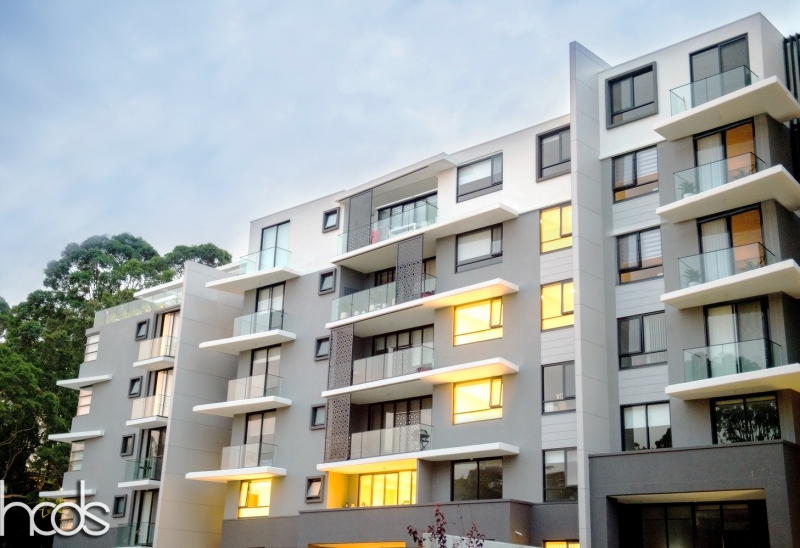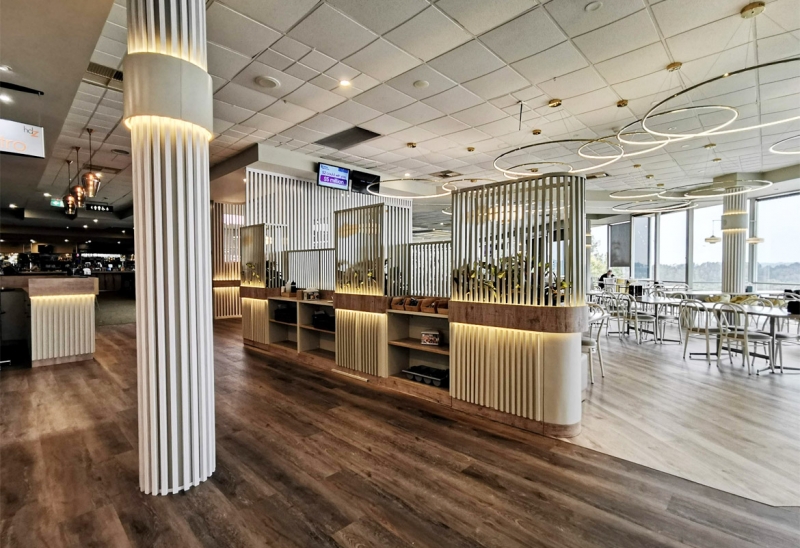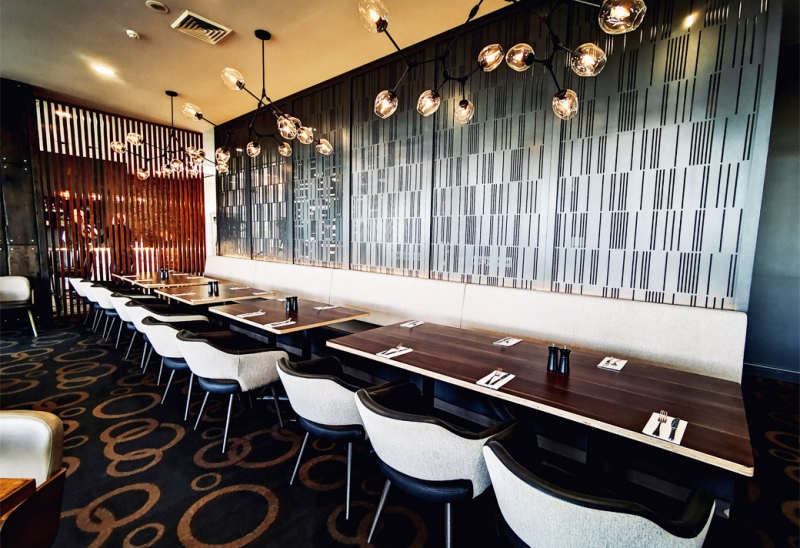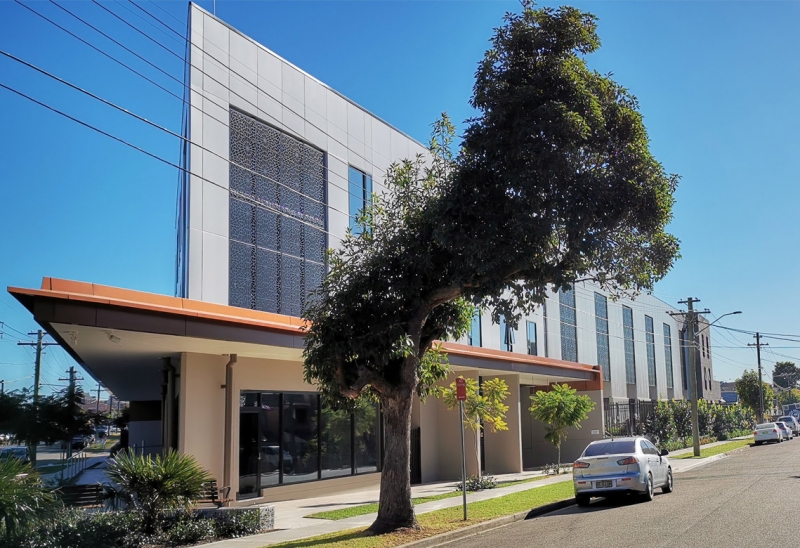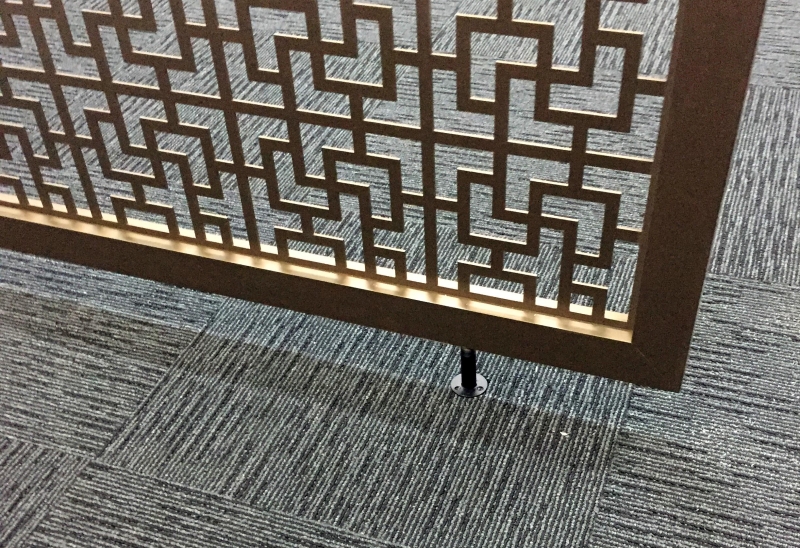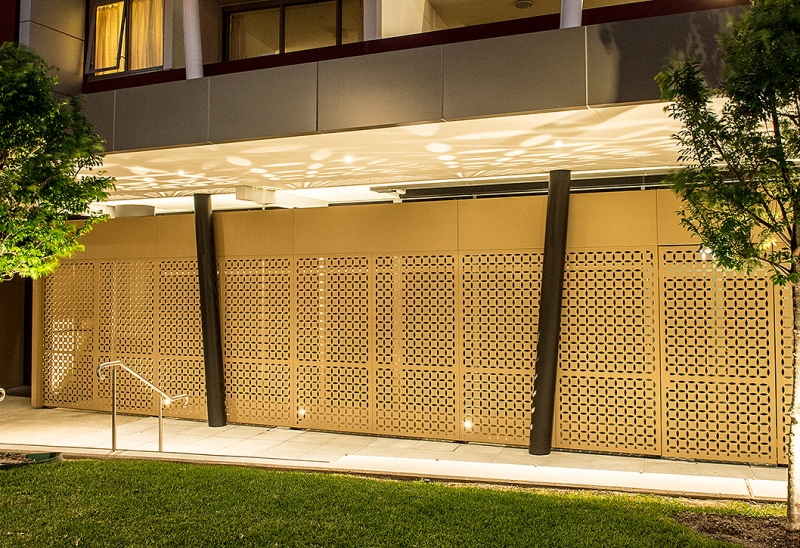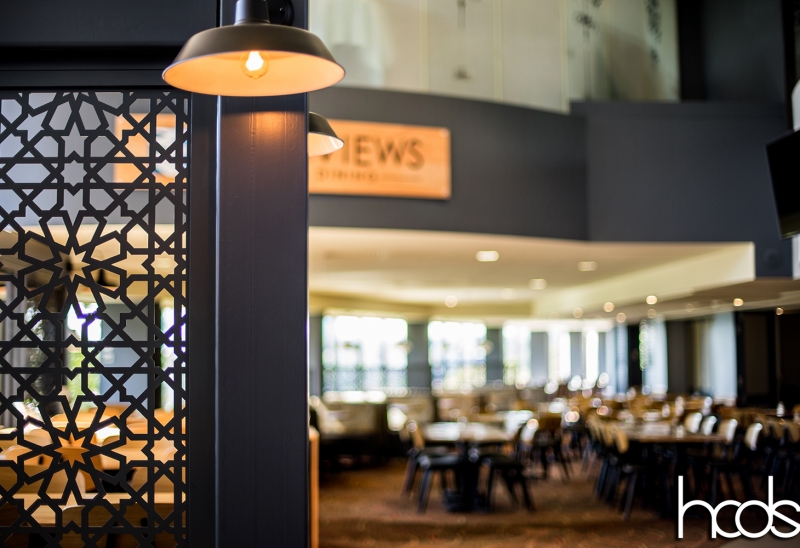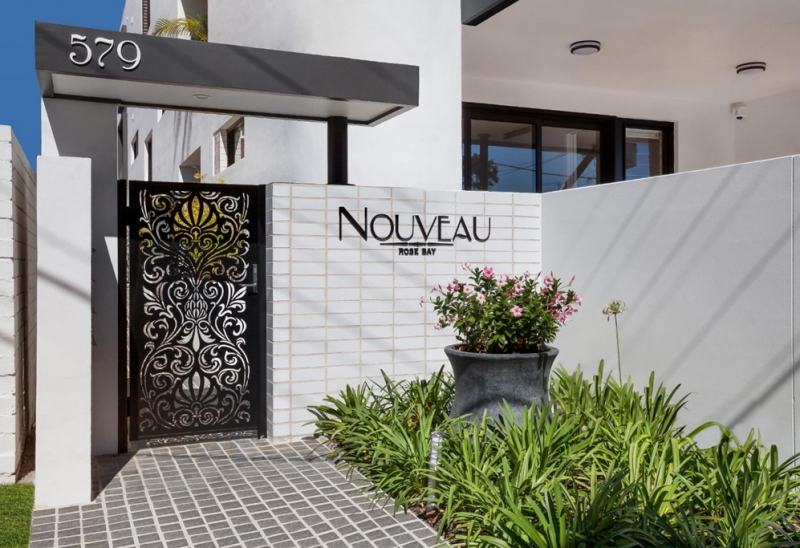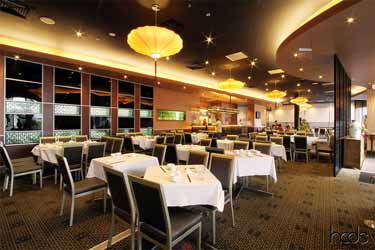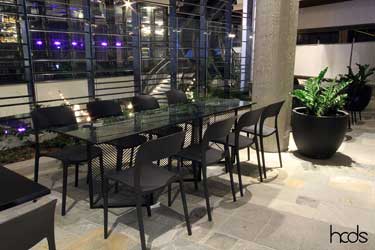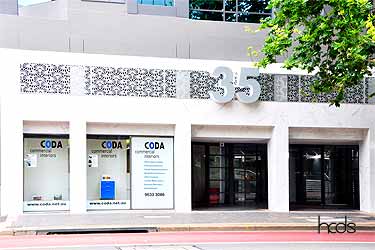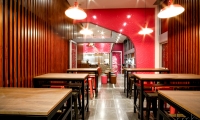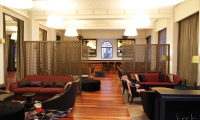Fencing Materials
Whether you have money to burn or are on a tight budget, there are fencing materials that are just right for your home.
Wooden fences
Perhaps the most commonly used fence material is wood. It is fairly inexpensive, although the cost will differ depending on the type of wood and the intricacy of the design, from a meek boundary fence to a delightful picket fence. But while easy to install, wood is not predominantly durable and will necessitate ongoing maintenance.
Steel fences
Strong, long-lasting and easy to maintain, steel is one of the most unyielding fence materials available. It can be used in solid panels, feature panels or palings and is perfect for the security conscious, since steel fences can be made lacking foot or hand holds, making climbing difficult. As a material for fences, steel is not suitable for pool areas or coastal homes since salt and chlorine may have a corrosive effect.
Glass fencing
Glass fences are widely held for outdoor pool areas and balconies, where it’s imperative not to block the view. Completely frameless glass fencing is mounted onto a wall or entrenched in concrete for a totally transparent look, while semi-frameless types need posts. Because of the deficiency of privacy of glass fences, they are not usually used for boundary lines.
Composite fences
Composite fencing material is made out of plastics. The ‘sleeves’ and the fence paneling are made out of the composite material, which is slid over wooden posts that have been fixed into the ground. The composite materials are enormously expensive but very hard-wearing, and it’s often difficult to tell the difference between a real wooden fence and a composite fence.
Vinyl fences
Hollow vinyl fences can simulate the appearance of wooden pickets, wrought iron and other materials. Vinyl fencing is easy to set up and requires very slight maintenance, but it is costly. Also on hand is vinyl-coated wood fencing, where the vinyl has been applied by heat to the wood so there is no risk of it coming off.
Find custom made fencing materials at HCDS.com.au.
Go to Download page for different installation options
Selecting a Product
Be clear about what you want to screen – is it just photographic or is it acoustic as well? Create a list of necessities your privacy screen must meet.
Entry spaces can truly benefit from the use of privacy screens. This is one area where they are becoming increasingly popular.
Decorative privacy screens can be utilized to divide large open plan spaces to generate ‘visual’ rooms. They can also be used to create an acoustic ceiling or wall lining in high noise areas.
There are numerous graphic styles and concepts you may choose from, so think about which style would optimally suit the interior look and feel of your own home. A screen is a sculptural bit which you can style in a really personal way; you may even desire to have a family picture laser-cut into the design.
Today’s material options and styles are numerous, and seeing contemporary architectural materials meeting with customary concepts is nothing short of remarkable.
There are some privacy screen materials that require some amount of care. In choosing the material of your privacy screens, make sure you think about how it is maintained to ensure that you will be able to properly maintain it in the future.
Compare the costs and quality of all these materials. Choose a privacy screen that is within your budget without compromising the quality.
HCDS is a growing company in the field of producing quality and cost effective aluminium screens. We endeavour to deliver the most cost effective way of moulding Aluminium Screens to help our customers outdo their competitors with an exhilarating play of shadow and light.
We specialise in manufacturing a broad range of steel and Aluminium fixed and adjustable louvres, security and shade solutions for homeowners, lattice and slatting products to provide state-of-the-art privacy, plantation shutters, home renovators, project builders, property developers, architects, commercial and industrial property owners along with councils.
With every piece of our steel and aluminium shade, privacy and screening produces custom-made and manufactured to your terms, we offer complete tractability not only in design, but also in selections of colours, styles and sizing.
Selecting a Design
Information You Need to Know
Ordering a Screen
Latest News
Well Framed Screens For A Range Of Applications
Displaying your brand identity can be as easy[...] Read More
The Designers Alternative To Traditional Privacy Screens
Are you in need of movable screens? These[...] Read More

